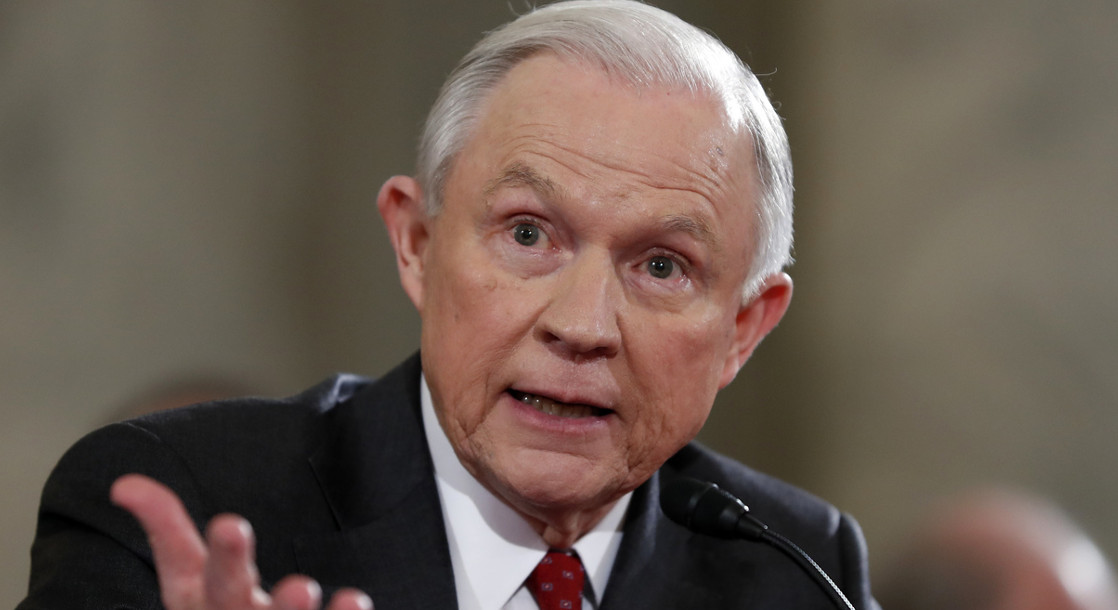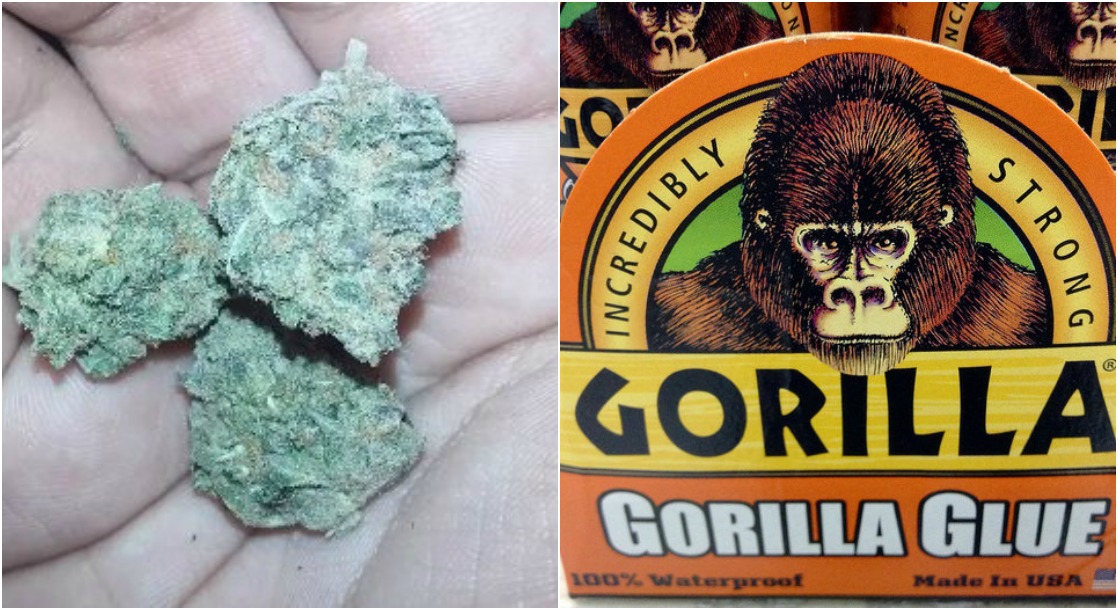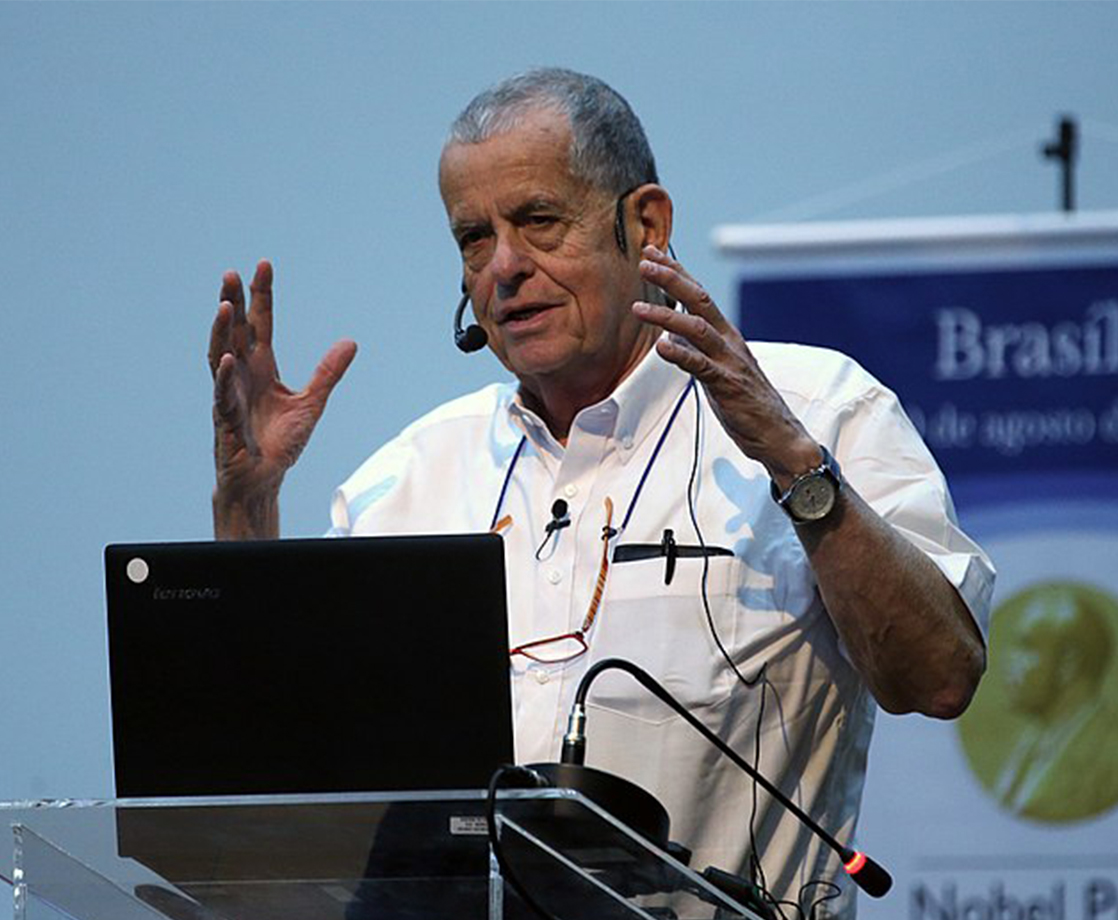Although the cannabis community was hoping to learn more this week about the findings of a special task force charged with making recommendations that could potentially affect the existence of the legal cannabis trade, it appears the jury is still out.
On Wednesday, U.S. Attorney General Jeff Sessions issued an update surrounding the work of the Task Force on Crime Reduction and Public Safety, which was assembled earlier this year by the Department of Justice (DOJ) to investigate a number of policies, including those pertaining to the legalization of marijuana. The results of this investigation were scheduled to be turned over to Sessions no later than Thursday, July 27.
While the focal point of the Justice Department’s national pot review has centered mostly on what it could mean for the lifespan of legal weed in the United States, the latest update does not give any indication that the cannabis industry is at immediate risk of being shut down.
In fact, while Sessions has blamed legal marijuana in the past for the increase in violent crime that he is convinced is presently sweeping the country, it seems the review, at least at this point, does not contain any “recommendation” for how Uncle Sam should proceed with enforcing federal laws against the cultivation and sale of the cannabis plant.
The task force “has provided me with recommendations on a rolling basis…identifying successful violent crime reduction strategies; and developing recommendations on actions the Department can take to help improve public safety, Sessions said in a statement.
"I have been acting on the Task Force's recommendations to set the policy of the Department. I will continue to review all of the Task Force's recommendations, and look forward to taking additional steps towards ensuring safer communities for all Americans,” he added.
It was later revealed by the Huffington Post’s Matt Ferner that the task force might have already submitted its recommendations to the Justice Department with respect to legal weed. However, a spokesperson for the Department told Ferner that, “We’ll make announcements on policy changes when we have announcements to make,” suggesting that the review did not kick up any immediate red flags .
From the outside looking in, Sessions has been building a case against the cannabis trade for the past few months — initiating the federal marijuana review, petitioning Congress to vacate their support for the medical marijuana protections known as the Rohrabacher-Farr amendment, and even ramping up efforts to increase mandatory minimum sentences for drug offenders and the civil asset forfeiture program. Yet, the leading hammer for the Justice Department has stopped short of mentioning any definitive agenda to tear down decades of progress made by the marijuana legalization movement.
There is speculation that Sessions simply has too much on his plate right now to even consider going after the legal cannabis industry. Perhaps the leading stress surrounding his inaction is the fact that he could soon be ripped of his authority to enforce federal law.
A number of reports have suggested that President Trump has considered firing Sessions over his decision to distance himself from the Russia investigation. In his truest pathetic form, Trump has taken to Twitter to bully Sessions on several occasions over his being a “beleaguered” solider of the administration.
Marijuana advocates are hoping that Attorney General Sessions will, in fact, be terminated or quit, but his replacement, whomever that might be, would not likely be any better for national drug policy.
Therefore, just because the Justice Department does not seem to be fixated this instant on dismantling the cannabis industry, it doesn’t mean that Sessions (or his successor) won’t eventually rescind or revise the Obama-era Cole memo that has given states the freedom to experiment with marijuana legalization. After all, the Trump administration has been having a field day eliminating policies put into place under the Obama camp.
But the mystery remains in just how the current administration will ultimately decide to handle this issue.











